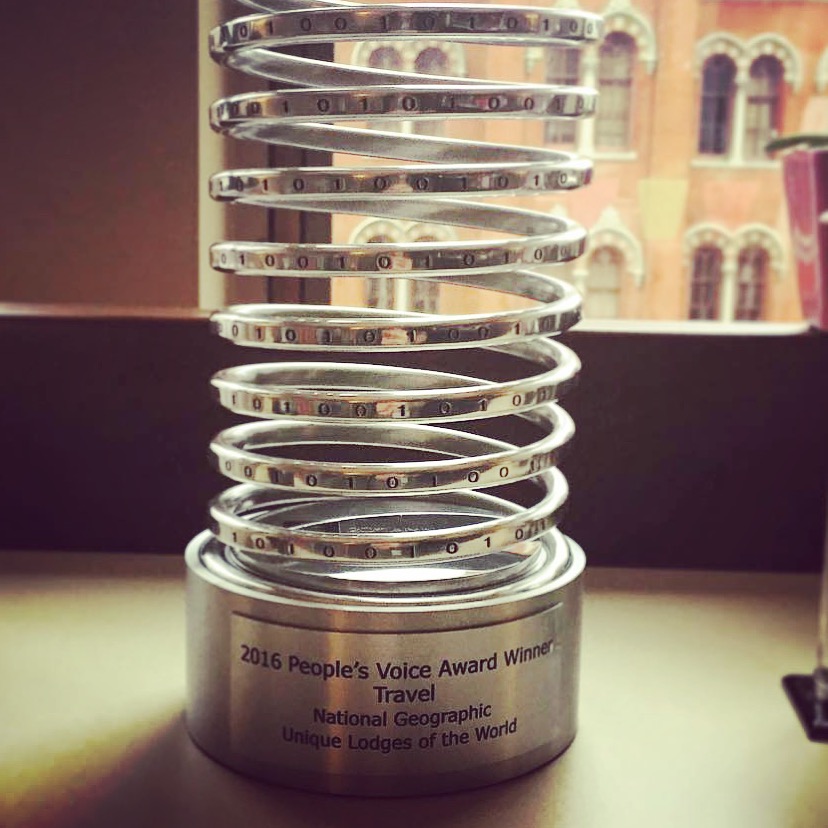The backlash seems to happen around this time every year, when folks gather in Cannes to collect little lion statues for their work in advertising, marketing, and promoting a company or brand. Of course the anti-award campaigns happen all year long, that awards are pretentious navel gazing in an industry predisposed to hearing what they want from the echo chamber. Or that awards are a way for a select few to exert their influence over what they feel is “the best” and “the most creative.” I’ve been on the inside and I’ve seen it, the selection of certain work because it’s expected to win; the rejection of work because it was created by a competitor agency. Let’s not kid ourselves that awards competitions aren’t also political power plays. In even defining “the best,” it’s a subjective evaluation – my opinion of what’s good might be different from yours, and who’s to say I’m right and you’re wrong? (Okay, we can agree that I’m always right. Except when I’m not.) Could there be more rigor in the process of determining what work should win an award? Probably yes in many cases. Could a more diverse range of professionals be selected as judges instead of the ones you’ve become familiar with? Of course. Are there ways to bring in more objective criteria and data to determine what is “good”? Definitely.
Awards competitions are flawed, and it’s easy to rail against them. But is winning an award all that different from press about an agency and its work? Awards competitions have entry fees; self-promotion and PR have their own costs. A press release is just another type of award an agency creates for itself. An article about how great an agency is is just as much an award as those little lion statues, they’re just an award issued in a different way by a different judge.
So I don’t subscribe to the philosophy that awards are all that bad. Or maybe it’s that not all awards are that bad. Maybe there is some value to awards.
At Substance, we submitted our work to awards competitions. Sometimes we entered the work and sometimes our clients entered it. In the beginning, we submitted our work to all types of competitions – local, national, and international. We made a point of not listing out individuals… everything was entered as “the People of Substance” because everyone played a role in every project, even if they didn’t directly work on that project. It was never about the individual, it was about the team’s effort.
We won some awards; we didn’t win others. And through this process we began to establish where the value was for us in entering. Ultimately, an award had to achieve one thing: put the name of our agency in front of potential clients. We stopped entering local stuff because it failed to do this. We focused on entering competitions where we believed there was a better understanding of complex interactive work and the content strategy that goes along with this. We stopped entering “advertising” competitions and only entered “interactive” competitions. We entered competitions that were industry-specific for the type of work we did, like the U.S. Travel Association’s Mercury and Destiny Awards.
For us, this strategy worked well. We got our name in front of travel and tourism clients who were actively searching for an agency with experience in their industry. The award itself was simply a means to this end. We saw our projects mentioned in RFPs for the type of solution a client aspired to achieve because they were aware of the “award-winning” solutions in their industry. Would all of this have happened if we didn’t win those awards? Maybe. If there were no awards competitions, would our work have been seen by as many potential clients? Maybe. Awards were part of our marketing and PR, and it worked.
I’ve heard stories from big agencies who use their lion statues as door stops and their golden pencils as paperweights. (Full disclosure: I’ve never won a Cannes lion or a golden pencil, or any other feline statuette and/or metal writing device. So what do I know.) I imagine this is to show that the awards don’t mean that much. Or to stay humble. I’d argue that if this is what awards mean to you, don’t enter into competitions.
But I’d also argue that awards do mean something, just like that article from that online publication about your agency means something. Just like all those “likes” you get on your LinkedIn post mentioning a new project mean something. Just like that interview you did on that design blog means something. They’re all awards.You just have to decide what they mean to you, and if the means help you achieve your end goal.

(Here’s a gratuitous photo of the People’s Voice Webby Award received by National Geographic in the Travel category for the Unique Lodges of the World website. I’m proud to have played a role in this award-winning project.)
Leave a Reply